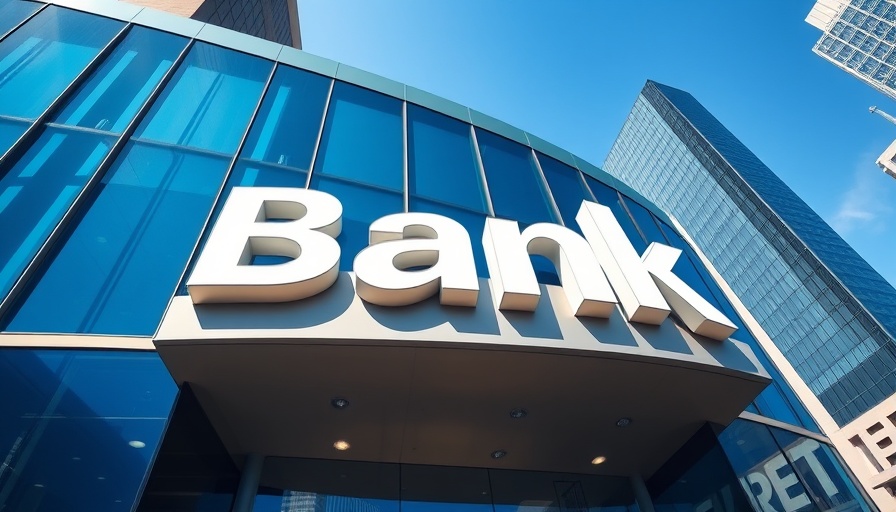
The Transformative Shift of Banking in Africa
Once upon a time, people had to visit a bank to conduct their financial transactions. They would dress up, fill out forms, and hope for approval from a bank officer. However, this conventional system is rapidly becoming obsolete, particularly in Africa where fintech innovations have upended traditional banking paradigms.
A New Era of Financial Services
Across the continent, young entrepreneurs and tech innovators are redefining how banking is approached. Consider the case of a 22-year-old in Nairobi who can easily borrow money, invest in cryptocurrencies, and manage rent payments without ever stepping into a brick-and-mortar bank. This shift is prompting established banks, such as Nigeria’s Access Bank and South Africa’s Standard Bank, to innovate and enhance their digital platforms.
Banking with Trust andTechnology
African banks have long been seen as gatekeepers due to their history of trust and credibility. Now, they are integrating new technologies to ensure they remain relevant. For instance, a 2024 report highlighted that over 90% of transactions in Kenya's Absa Bank were completed through digital channels, showcasing a significant departure from physical banking.
Leading Through Innovation
In this rapidly evolving landscape, agility is key. Traditional banks are not just adding mobile apps on top of outdated systems but are actively revamping their infrastructure to embrace innovative technologies by behaving more like tech companies. TymeBank serves as a pioneering example with its branchless approach, demonstrating that the future of banking can be seamless and efficient.
The Path Ahead
As we look to the future, the rise of digital payments and automated services signifies a major trend towards a more connected financial ecosystem in Africa. The synergy between trusted banking institutions and cutting-edge fintech solutions is likely to accelerate growth and foster inclusivity.
The evolution we’re witnessing is not merely a transformation of financial services but a glimpse into the future of work in Africa, where smart technology will define how we live, work, and interact with our finances. It’s time to engage with these changes and explore how Africa’s tech revolution will shape the next generation of industries.
 Add Row
Add Row  Add
Add 


Write A Comment